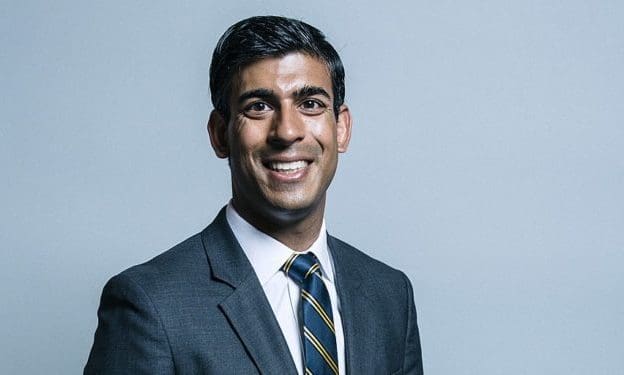Register to get 2 free articles
Reveal the article below by registering for our email newsletter.
Want unlimited access? View Plans
Already have an account? Sign in
Embattled department store chain Debenhams has announced that its CVA proposals will be upheld, as the time period for any appeal to be lodged has now expired.
The company confirmed that all relevant procedural matters dealt with at the CVA challenge hearing in February have been concluded “in its favour”.
It added that apart from “certain outstanding matters” relating to costs, the entirety of the CVA challenge process is now concluded and the CVA remains “effective”.
Debenhams said this outcome will allow the group’s shareholders to proceed with the final phase of its debt restructuring in due course, which is expected to take the form of a ‘Scheme of Arrangement’ resulting in the conversion of at least £100m of debt to equity.
The company claimed this will reduce the group’s indebtedness and provide a “robust” platform for Debenhams’ continuing recovery.
Stefaan Vansteenkiste, CEO of Debenhams, said: “This is great news for Debenhams. We can put the distraction of this litigation behind us and proceed with our plans to turn the business around.
“With committed investors, a strengthened board and a restructured balance sheet we have the platform from which to rebuild a sustainable business.”
In September last year, The High Court rejected a legal challenge against Debenhams’ proposed CVA, which was funded by Mike Ashley’s Sports Direct.
The challenge was made by the Combined Property Control Group (CPC) – the landlord of six Debenhams stores in England as it argued the CVA was “designed to create a situation in which the company’s general body of unsecured creditors is paid in full at the expense of certain landlords and local authorities”.
Sports Direct dropped its own legal challenge in July 2019, but continued to financially back CPC’s efforts. However, the High Court ruled in favour of Debenhams claiming that its CVA proposal “continues to be effective”.



















